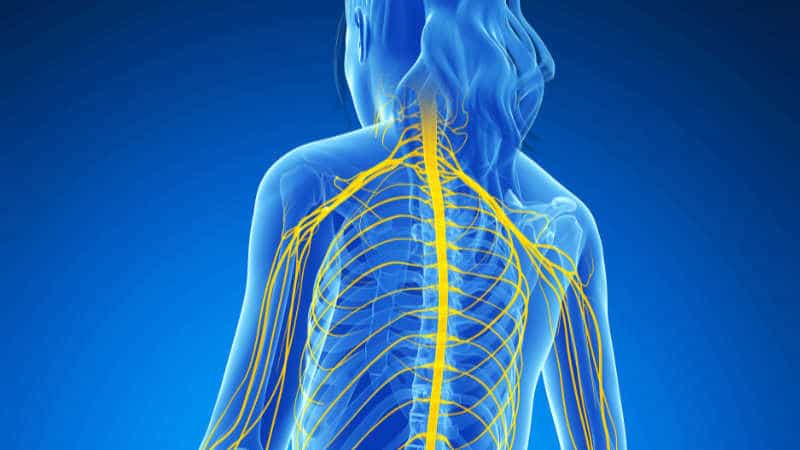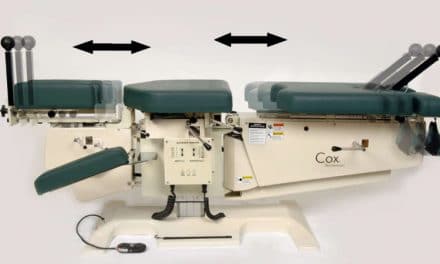Chiropractic Neurology
Chiropractic Neurology often known as functional neurology is the study of the nervous system like brain, spinal cord and peripheral nerves from a functional or physiological viewpoint. It can be a lot like traditional medical neurology in that the very same diagnostic procedures utilized in order to identify malfunctions within the brain, spinal cord and nerves.
Differences Between Chiropractic Neurology and Medical Neurology
Having said that, chiropractic neurology differs from medical neurology in numerous critical ways. The medical neurologist will form a diagnosis after a physical assessment of a patient and the results of his or her MRI, CT, electromyography as well as other tests of neurophysiology. The chiropractic neurologist will similarly make use of advanced diagnostic tests and after an extensive neurological examination of a patient, reach a diagnosis. What happens after that is what really sets the two occupations apart.
Once a medical neurologist has developed a diagnosis for his patient, the treatment in most cases includes prescribing medications to control symptoms. A good example could possibly be the application of centrally acting muscle relaxants to control muscle spasms.
The chiropractic neurologist once he confirms his diagnosis will additionally assess the functions that are lost or impaired resulting from the neurological affliction. Then embark on a course of neurological rehabilitation to attempt to bring back lost function or improved diminished function in those regions of the nervous system that are impaired.
Oftentimes the chiropractic neurologist might employ herbal treatments or some other natural materials which behave similarly to prescribed medications, but more typically the chiropractor will employ tactics that utilize reflexes that exist within the nervous system that can often be used to further improve or restore impaired function.
Treatment by a Chiropractic Neurologist
One example of this to demonstrate the distinction between medical and functional treatment of illnesses with the nervous system might be muscle spasms. As we previously discussed a drug can be given for example to relax a spastic bicep muscle. However built-into the circuits of the nervous system is a reflex sometimes called the agonist-antagonist reflex. In our example the biceps is looked upon as the agonist muscle. The antagonist muscle to the biceps is the Triceps muscle. So when the bicep muscle contracts or becomes spastic, it’s agonist muscle the triceps, automatically relaxes. This particular muscle reflex is automatic and usually requires very little conscious thought or effort.
The chiropractic neurologist will use this kind of reflex (as well as numerous other built-in reflexes) that can help his patient. Let’s go back to our patient with spasm within his biceps muscle. As an alternative to providing a drug that serves as a muscle relaxant and lessens spasm within the biceps muscle, we could make use of the agonist-antagonist reflex to relax the spastic biceps. When the chiropractic or functional neurologist can activate this patient’s triceps muscle, the spastic biceps will relax reflexively. Or stated more simply automatically. This is merely a straightforward example meant to demonstrate the similarities and distinctions between medical neurologist and functional or chiropractic neurologists.
In a nutshell, both professions diagnose and take care of neurological conditions working with standardize neurological examinations and assessment. The functional neurologist seeks to bring back lost or impaired function working with techniques of neurorehabilitation, as opposed to the medical neurologist who typically seeks to control symptoms utilizing prescriptions.
I’m a biologist and health writer. I’m able to draw on my technical, science, business and journalism backgrounds when researching and creating content. I’ve managed a chiropractic office where I handled; HR, inventory control, and counseling, in addition to doing the patient education. I’m an experienced public speaker and I’ve helped built large communities of people interested in health and plant-based diets. My laboratory work includes genetic analysis and I also do the grant writing and administration, online fundraising and social media. In the past I was the team manager for invasive species field operations. I’m also a regular volunteer for international coastal cleanup.

